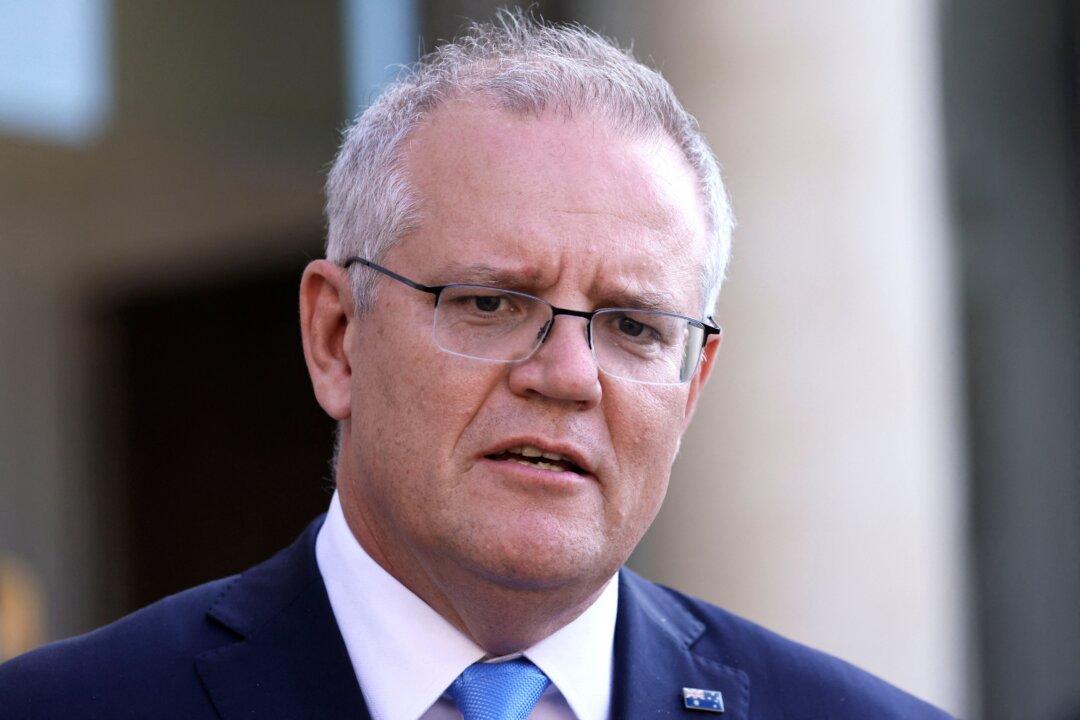The resources industry has championed Australian Prime Minister Scott Morrison after calling for reform of the environmental conservation act that had previously left mining and gas projects waiting years for approval and cost companies up to a million dollars a day.
Despite a global landscape imbued with growing debt following the effects of the COVID-19, Australia’s rebounding economy and big budget bounce back has been underpinned by a booming resource export economy and a growing demand for minerals such as iron ore.





